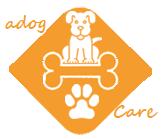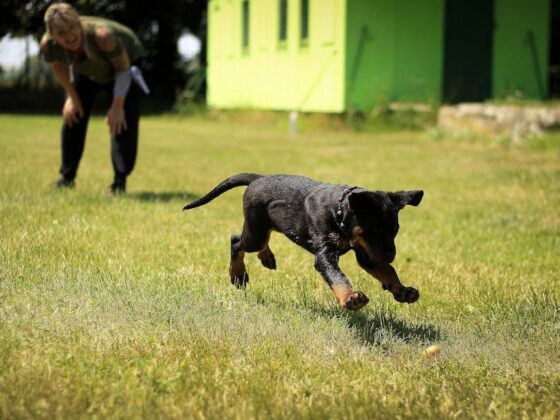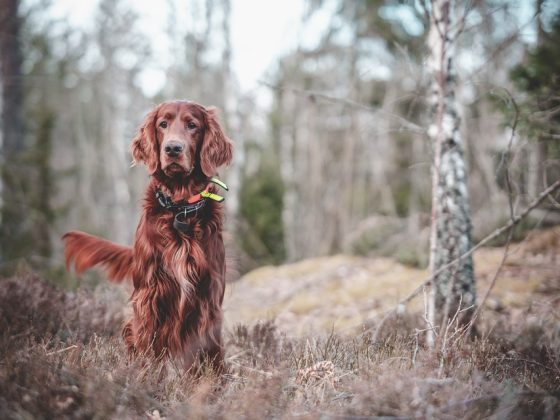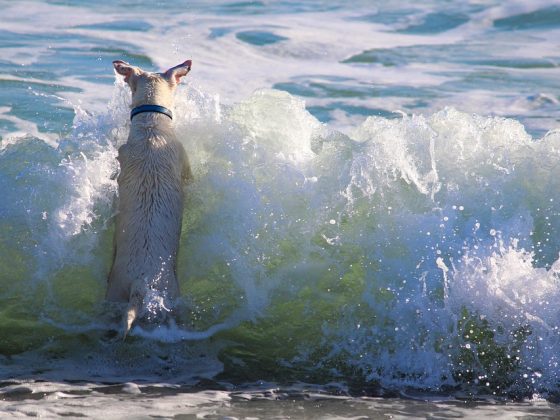end.
Remote collars, also known as electronic collars or shock collars, have been a controversial topic in the world of dog training for many years. Some people believe that they are cruel and inhumane, while others swear by their effectiveness in training a well-behaved dog. However, with advancements in modern training techniques and tools, there are now many alternatives to remote collars that can help you train your dog without resorting to the use of aversive methods.
Modern training techniques focus on positive reinforcement and building a strong bond between you and your dog. Using rewards such as treats, toys, and praise helps to motivate your dog to perform desired behaviors and makes training a more enjoyable experience for both of you. These methods are based on the principles of operant conditioning, where behaviors are reinforced or punished to increase or decrease their likelihood of occurring in the future.
One popular modern training technique is clicker training, which uses a small handheld device called a clicker to signal to your dog when they have performed a desired behavior. The clicker is paired with a reward, such as a treat, so that your dog learns to associate the sound of the clicker with the reward. This method is highly effective for shaping new behaviors and improving obedience in your dog.
Another modern training technique is the use of a head halter or no-pull harness to prevent pulling on the leash. These tools gently redirect your dog’s attention and encourage them to walk politely by your side. By using positive reinforcement and rewards, you can teach your dog to walk calmly on a leash without the need for corrective devices such as choke or prong collars.
In addition to positive reinforcement, modern dog training techniques also focus on setting clear boundaries and using consistent commands to communicate with your dog. By establishing a routine and sticking to a training plan, you can help your dog understand what is expected of them and reinforce good behavior in a positive way. Consistency is key when training your dog, as it helps them to develop good habits and ensures that they know what is expected of them in different situations.
While remote collars may have been a popular tool in the past for training difficult behaviors, there are now many alternatives available that can achieve the same results without using aversive methods. For example, using a long line or a training leash can help you to control your dog from a distance without the need for a shock collar. By teaching your dog to respond to verbal commands and hand signals, you can maintain their obedience without resorting to physical corrections.
It is important to remember that every dog is different, and what works for one dog may not work for another. It is important to tailor your training methods to suit your dog’s individual needs and temperament. By using positive reinforcement and building a strong bond with your dog, you can create a well-behaved and happy companion that listens to your commands and enjoys learning new behaviors.
FAQs:
1. Are remote collars safe for my dog?
While remote collars can be effective in training certain behaviors, they can also be harmful if used incorrectly. It is important to follow the manufacturer’s instructions and seek guidance from a professional trainer when using a remote collar. Always start at the lowest setting and only increase the intensity if necessary.
2. What are some alternatives to remote collars for training my dog?
There are many alternatives to remote collars that can help you train your dog effectively. Positive reinforcement, clicker training, head halters, and no-pull harnesses are all excellent tools for teaching your dog good behavior without the use of aversive methods.
3. How can I build a strong bond with my dog through training?
Building a strong bond with your dog is essential for successful training. Spend quality time together, provide plenty of affection and attention, and use positive reinforcement to reward good behavior. By creating a positive and supportive environment, you can strengthen your bond and improve your dog’s obedience.
4. What should I do if my dog is not responding to my training methods?
If your dog is not responding to your training methods, it may be helpful to seek guidance from a professional dog trainer. They can assess your dog’s behavior and provide you with personalized training techniques that address your specific needs. Remember, consistency and patience are key when training your dog, so stay dedicated and positive throughout the process.











